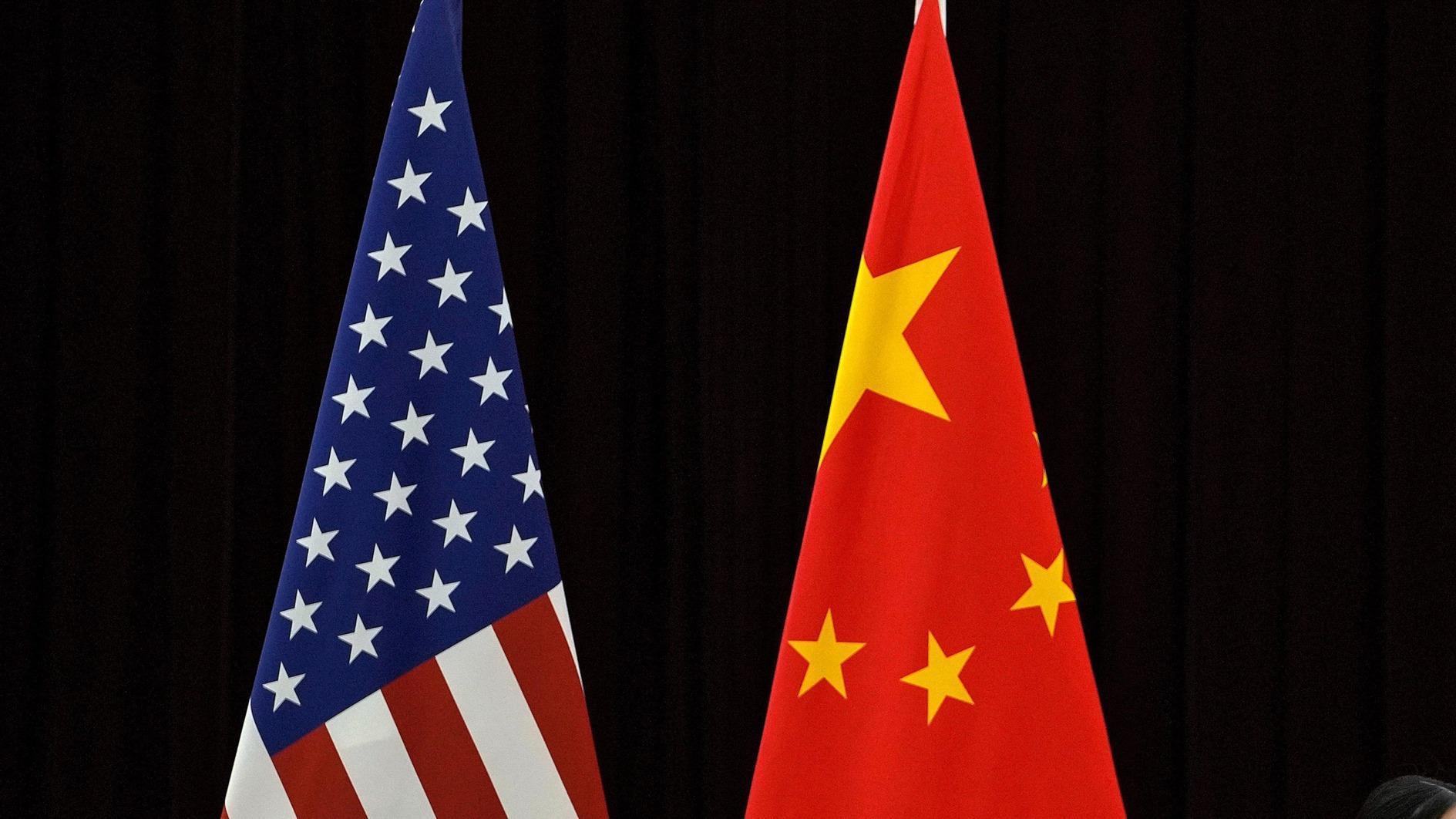Lessons from the ballots
March 30, last Sunday’s elections, without any doubt, went into history as yet another election victory for Prime Minister Tayyip Erdoğan and his ruling AKP (Justice and Development Party) with a solid 43 percent of the votes. Why this was the case needs to be studied well by all parties involved.
First, let me note why the results constitute a victory for the ruling party. The reason is not that these were local elections that deserve to be compared to the previous local elections of 2009, in which the AKP had received only some 39 percent of the votes. The real reason is the AKP, in fact, experienced a significant decline in its popularity when compared to the 50 percent of votes it received in the general elections of 2011. Yet this was a small decline compared to what many commentators, and wishful thinkers, expected.
Yes, the local elections of last weekend need to be measured according the general elections of 2011, because the whole psychology and the arguments of the election were on a national, if not nationalistic, basis. Erdoğan defined the whole campaign, which he led in person, as Turkey’s “war of liberation” against enemies within and without. And polls suggested that most voters voted either for or against him, rather than the local candidates within their municipalities.
Why, then, the almost 7 percent decline the AKP has experienced (from 50 percent in 2011 to 43 percent now) is a success? Well, the reason is the decline could have been much larger. Many things that happened in the past three years, such as the Gezi Park protests, Erdoğan’s growing authoritarianism, and, most importantly, the corruption scandals of the past few months, could have hurt the ruling party more considerably.
In fact, many in the West are probably wondering why the corruption scandal and other scandalous wiretaps of the past three months have not been more influential in these elections. The first answer is, for the average Turkish voter, corruption is not a surprise, but a fact of life, and they rather focus on the overall performance of the economy and the government’s services, assuming there will always be corruption within every government.
The second answer is that while some focused on the content of the wiretaps, others, especially Erdoğan’s own base, focused on who has been using them against the government. They, in other words, became convinced that there is indeed a “parallel state” attacking the ruling party with under-the-belt tactics, and therefore consolidated around the prime minister. The wiretaps, in that sense, seem to have backfired. The lesson from this is those who wish to see a post-Erdoğan Turkey should work within the conventional rules of democracy, such as ballots, rather than unconventional methods such as eavesdropping and espionage.
For the main opposition, the CHP (People’s Republican Party), which lost the elections as usual with a modest 26 percent of the votes, there is a key lesson as well: If they really want to defeat the AKP, they should come toward the center, further moving away from their hardcore secularist ideological roots. The fact that they had their most significant increase in Ankara, under Mansur Yavaş, a new export from the center-right, is a case they should ponder well.
And what will happen next? Probably more tension and competition soon, since there is a new race coming, the presidential election in August that Erdoğan might well run for.











